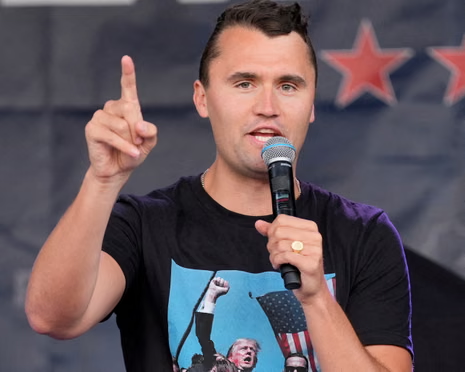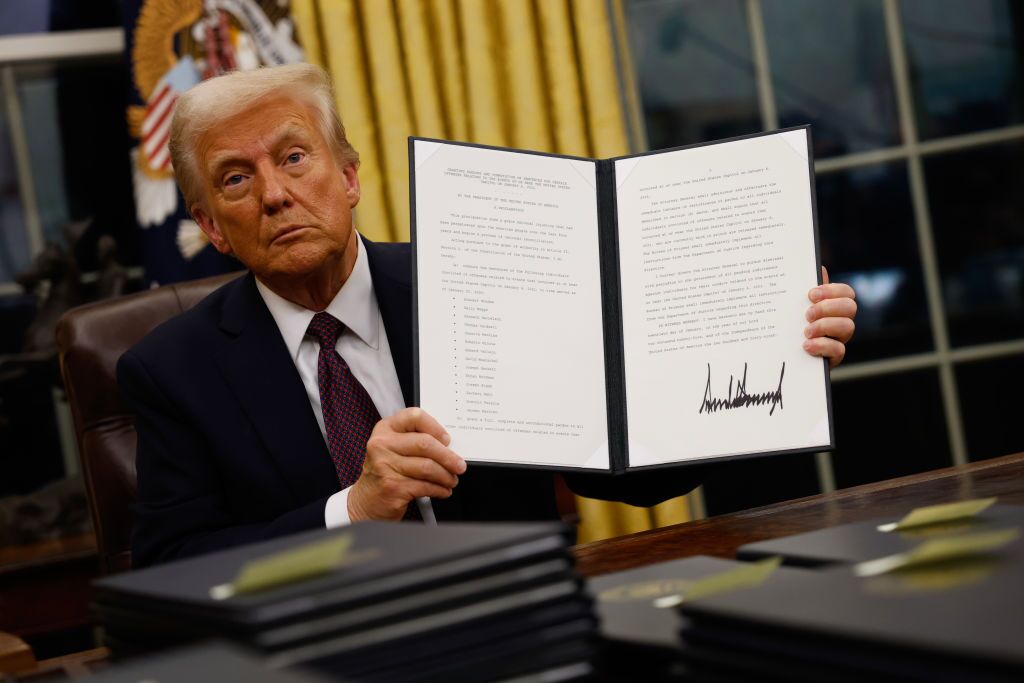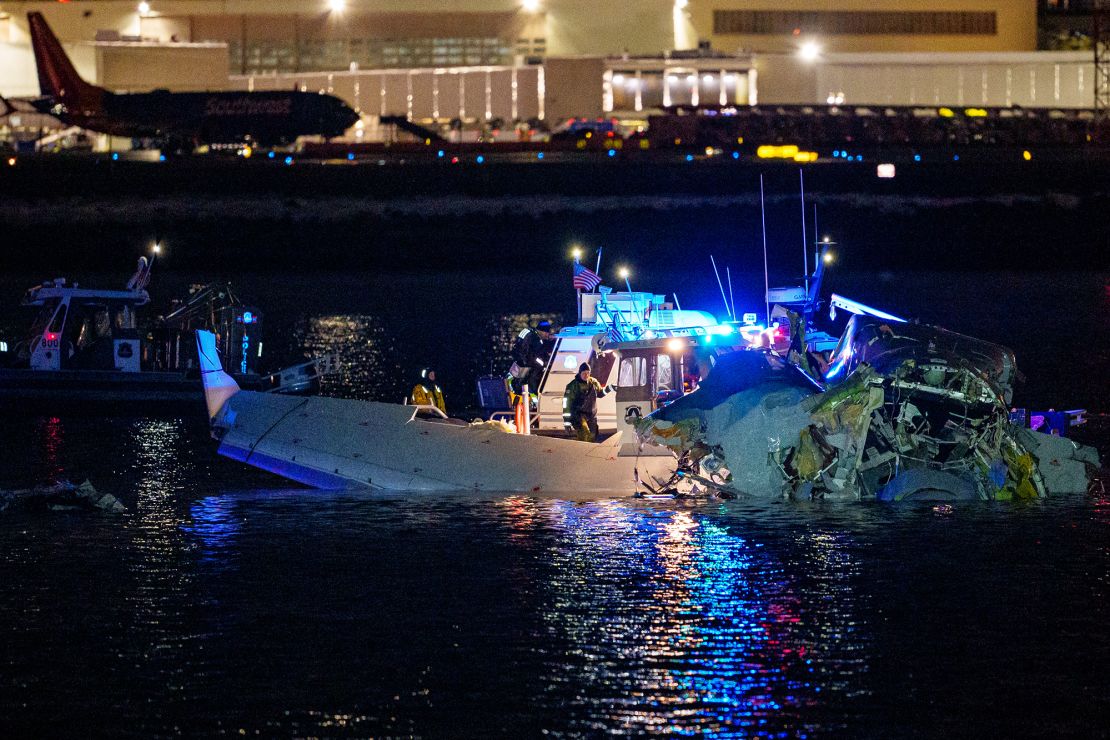When Queen Elizabeth II died on September 8th, 2022, her funeral was quickly scheduled and a state holiday was declared. The British Cabinet Office released a “National Mourning Guidance” that encouraged businesses, sporting events, and public services to close the day of the funeral. The instructions for hospitals were not specified, but many appointments were canceled or postponed without concern for the individuals who needed them (BBC). These appointments included surgeries, maternity checks, and some cancer treatments (Weaver).
Medical appointments in the United Kingdom are increasingly in demand. National Health Service wait lists are at a record high: 6.84 million people according to the data last updated on July 22 (BMA). John Coyle, whose surgery had been postponed to late October, told BBC Radio 5 he has “almost lost count of how many procedures I’ve had postponed or canceled” (BBC).
Schools and childcare centers were also closed, disrupting many adults’ schedules. So, while hospitals continued emergency care as normal, they were short-staffed.
Many expressed their disappointment and disgust with the ethics of these widespread cancellations.
Dan Lewsey, whose mother’s cancer check-up was canceled, told CNN, “It’s sad the Queen died, but potentially leaving someone to get worse is not helpful. Normal life should be able to carry on to an extent” (Weaver).
British political activist Shola Mos-Shogbamimu called the cancellation of essential appointments “a mark of disrespect to the British public” (Weaver).
Marcia Allison, whose father had his dentist appointment canceled, told PA Media, “It’s abhorrent to ask people like himself to lose their teeth for an unelected head of state in the 21st century. This isn’t democratic” (Weaver).










